Day: January 5, 2024
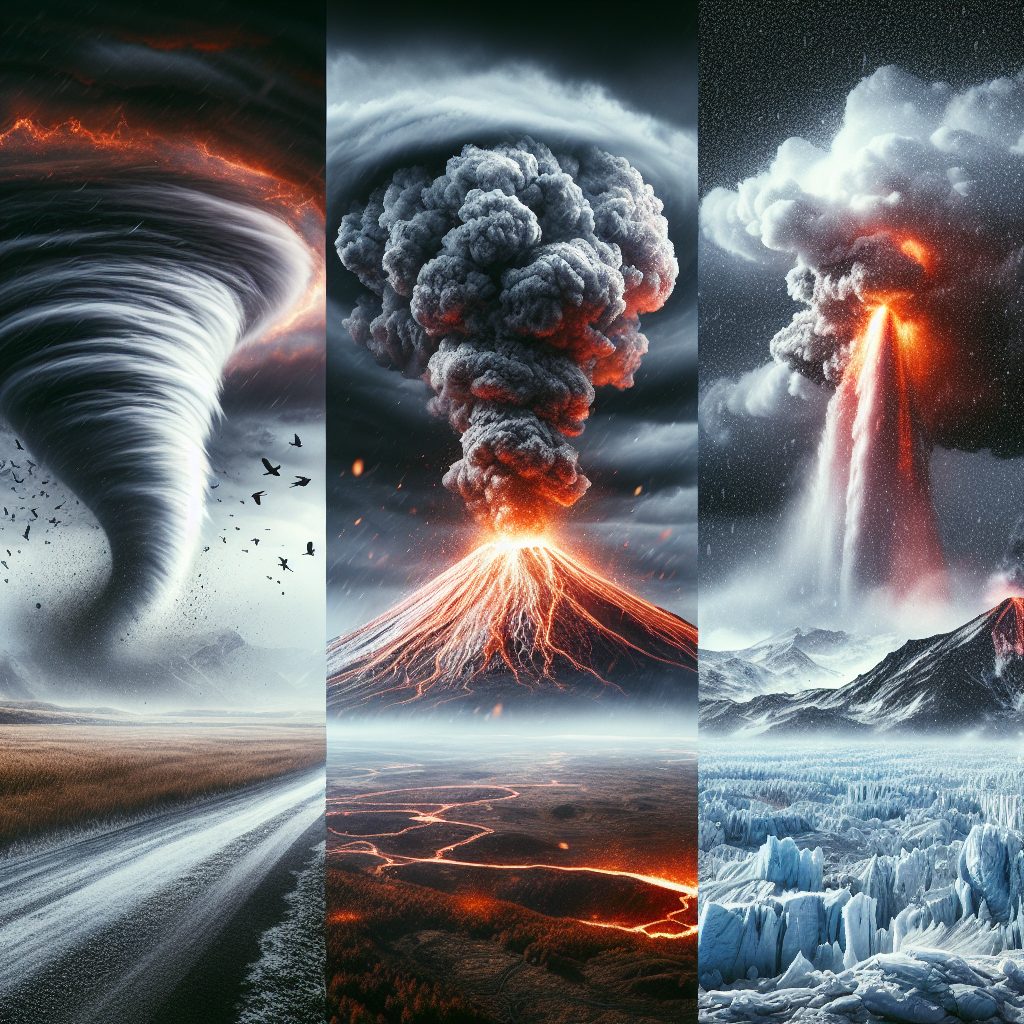
Extreme Weather Events
Extreme weather events such as floods, heatwaves, snowstorms, and hurricanes can cause havoc around the globe. They can occur anytime and anywhere, with even experienced meteorologists often unable to accurately predict their location or severity. These events can have devastating impacts on both human-made infrastructure and the natural environment, leading…
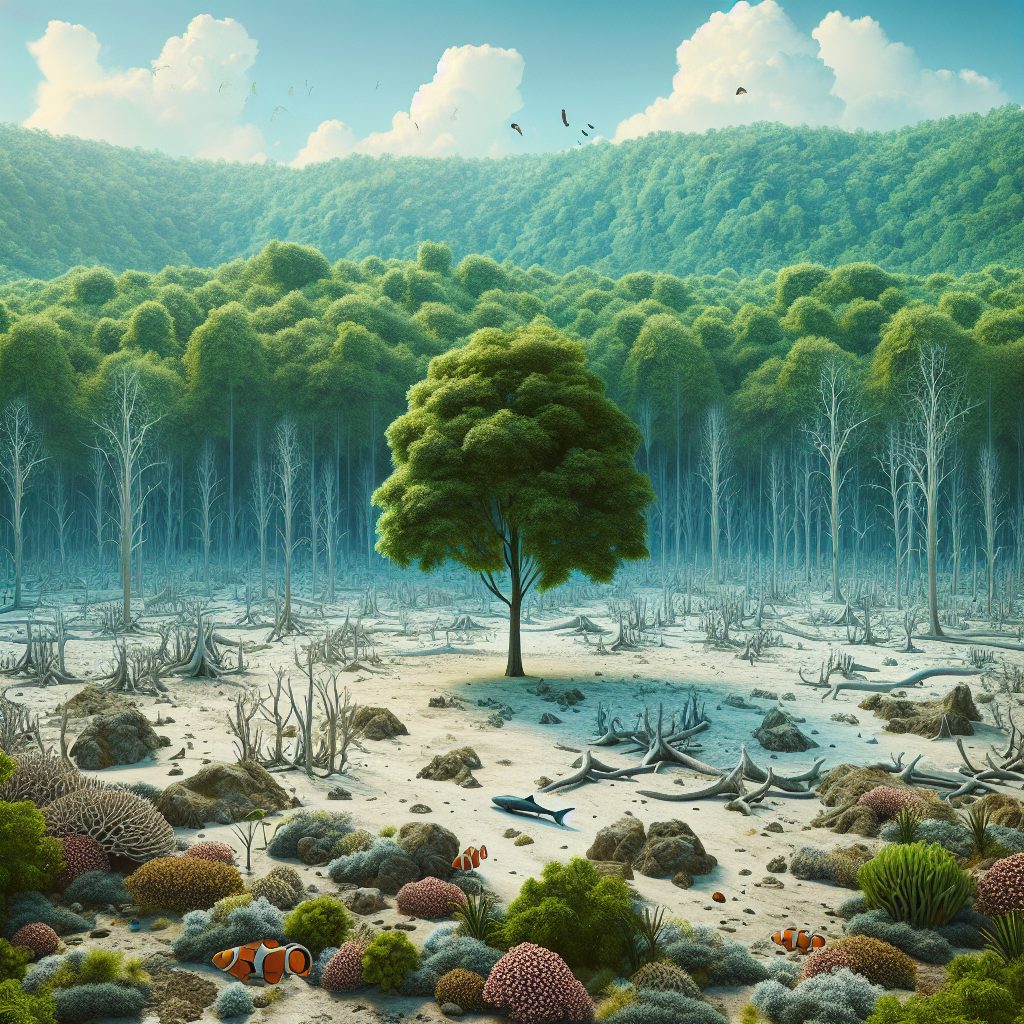
Biodiversity Loss
Biodiversity loss is the decline in the variety of life forms in a given ecosystem, it is caused by many factors including human population growth, habitat destruction, overexploitation, pollution and climate change. This loss of biodiversity can lead to the extinction of species and changes in the food web, resulting…
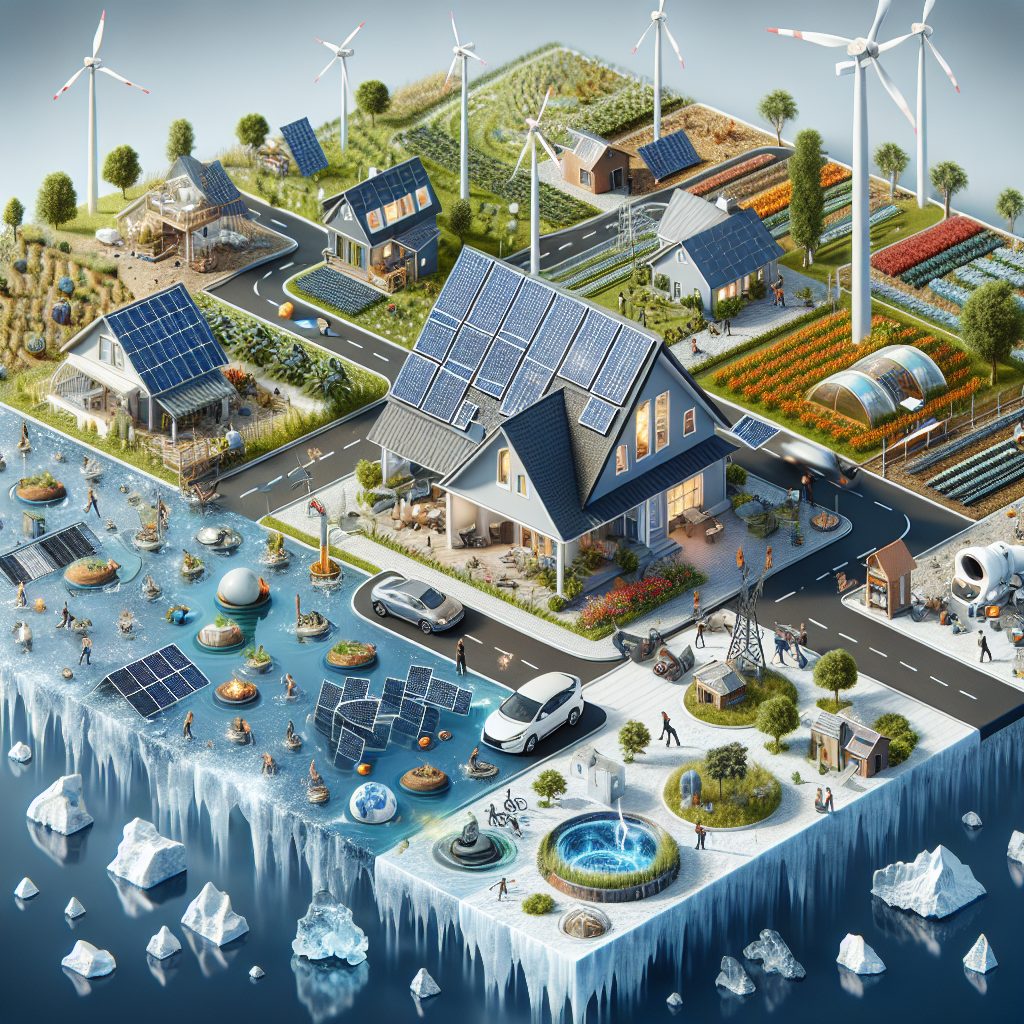
Sustainable Living and Climate Change
Sustainable living may refer to the practice of living in harmony with the environment so that the resources of the present are not impacted by the needs of humans while ensuring the resources are available in the future. Climate change is closely associated with sustainable living, as sustainable practices can…
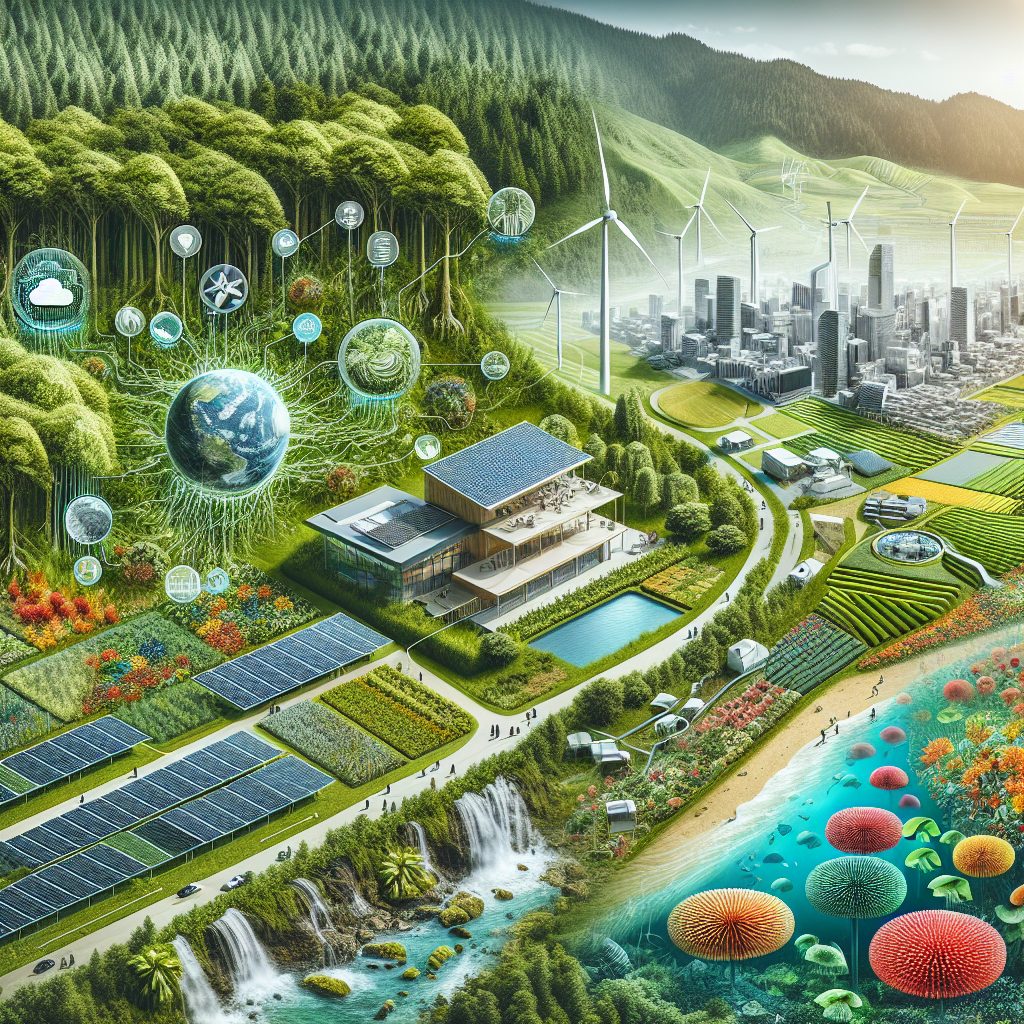
Climate Resilience
Climate resilience is an emerging concept that focuses on a society’s adaptive capacity to actively respond to, and recover from, the adverse effects of climate change. Climate resilience requires steps being taken in order to develop strategies and reduce the impact of climate hazards, such as floods or rising temperatures.…
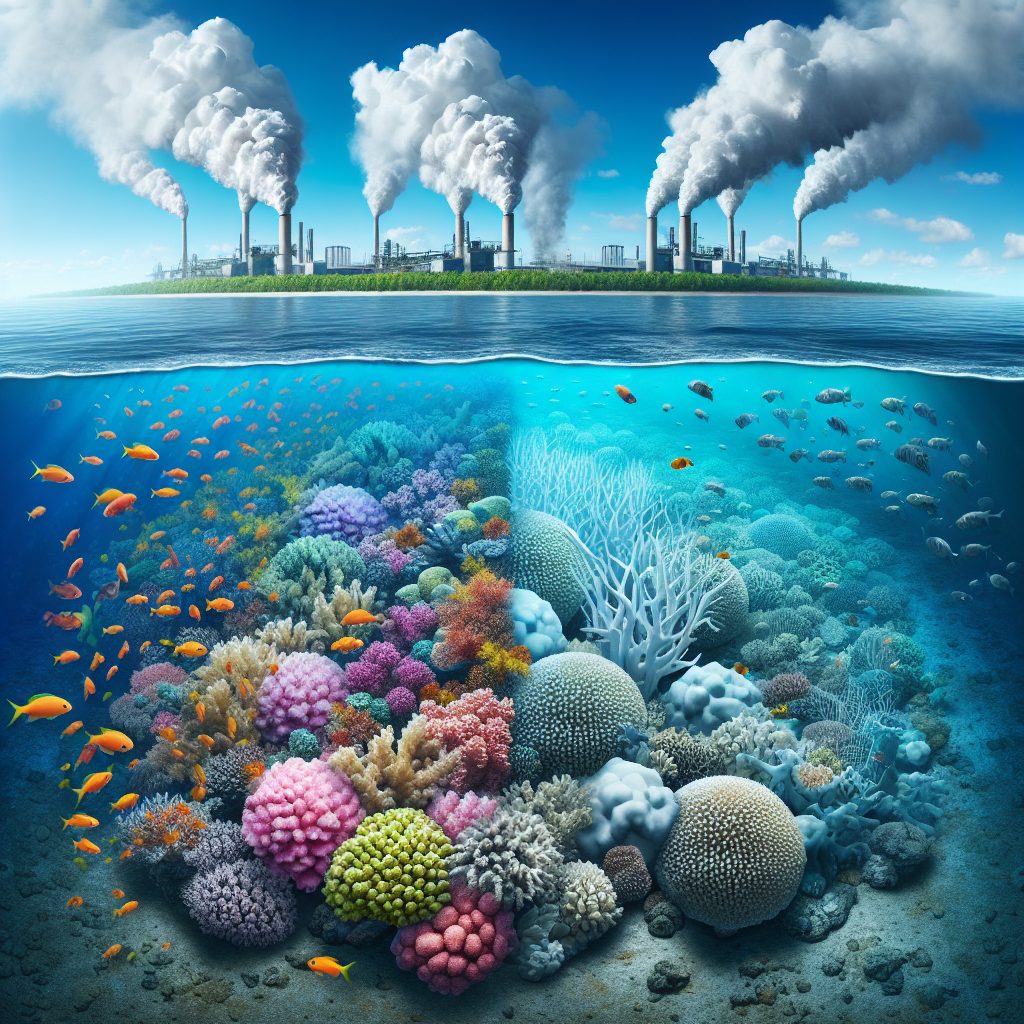
Ocean Acidification
Ocean acidification is the process by which the level of acidity in the world’s oceans increases due to the absorption of carbon dioxide from the atmosphere. It takes place at an unprecedented rate that is causing considerable damage to marine ecosystems. The changes in the chemical composition of the oceans…
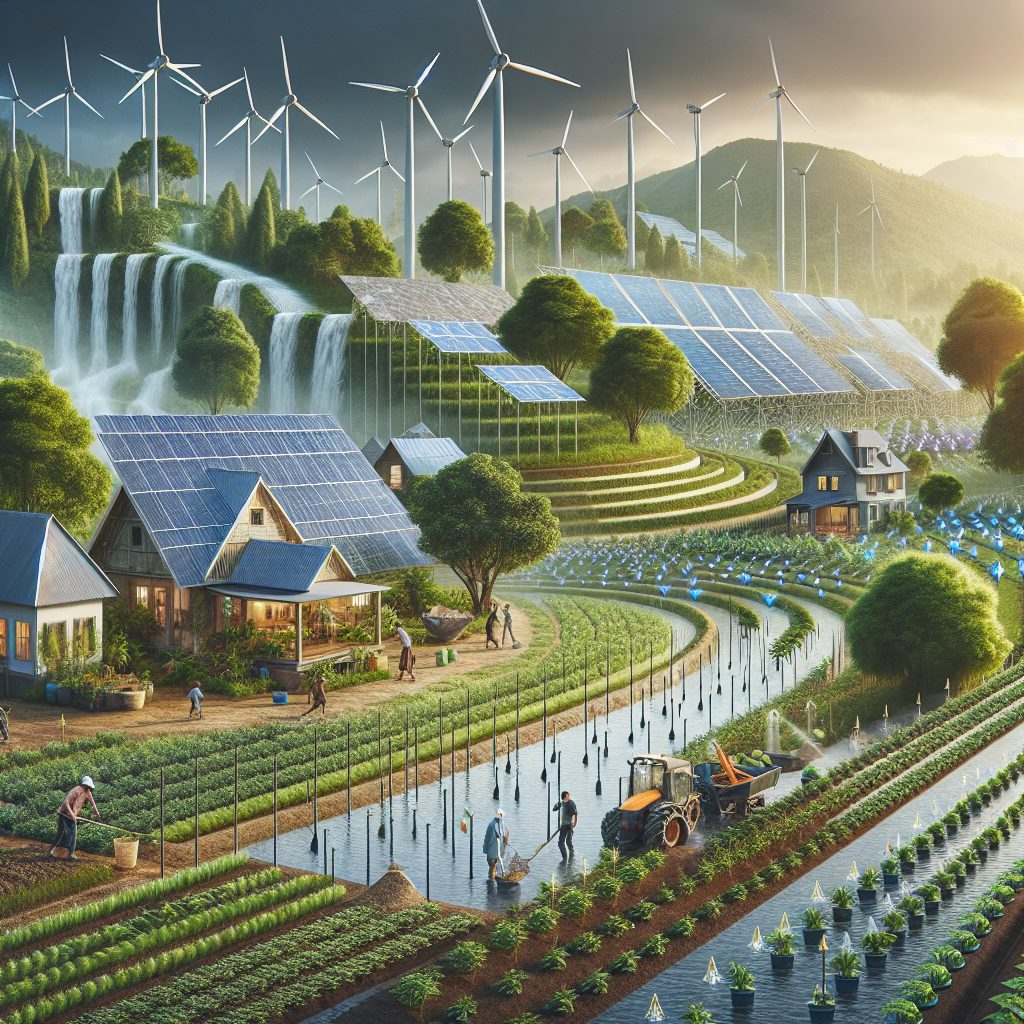
Climate Change Adaptation
Climate Change Adaptation is an important topic for both individuals and organizations to improve management strategies and reduce the effects of climatic changes. It refers to changes in practices and plans to help organizations and individuals to adjust to future climate change. Adaptation involves anticipating challenges which climate change impacts…
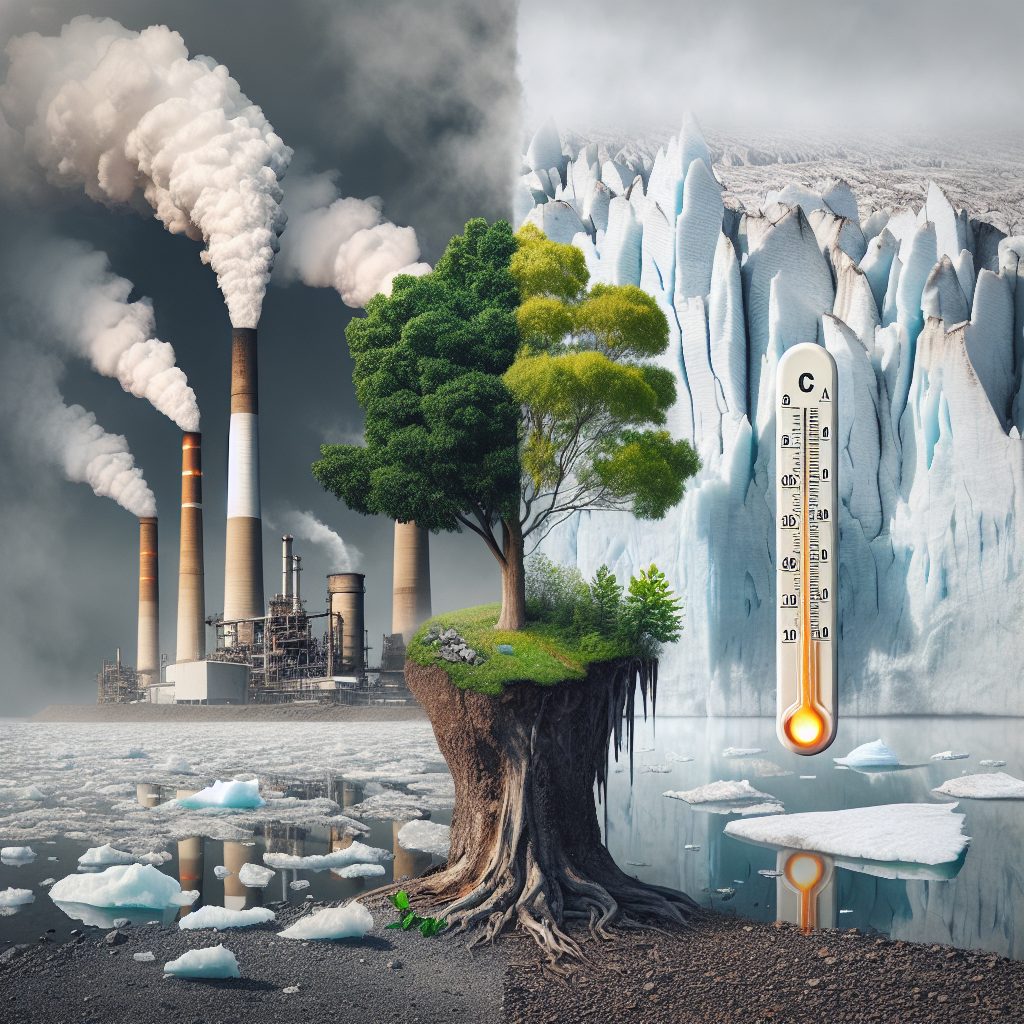
Fossil Fuels and Climate Change
Fossil fuels are non-renewable energy sources like coal, oil, and natural gas that were formed from long dead plants and animals over hundreds of millions of years. They contain combustible chemicals and produce energy when burned, but they also produce carbon dioxide and other air pollutants that have a profound…
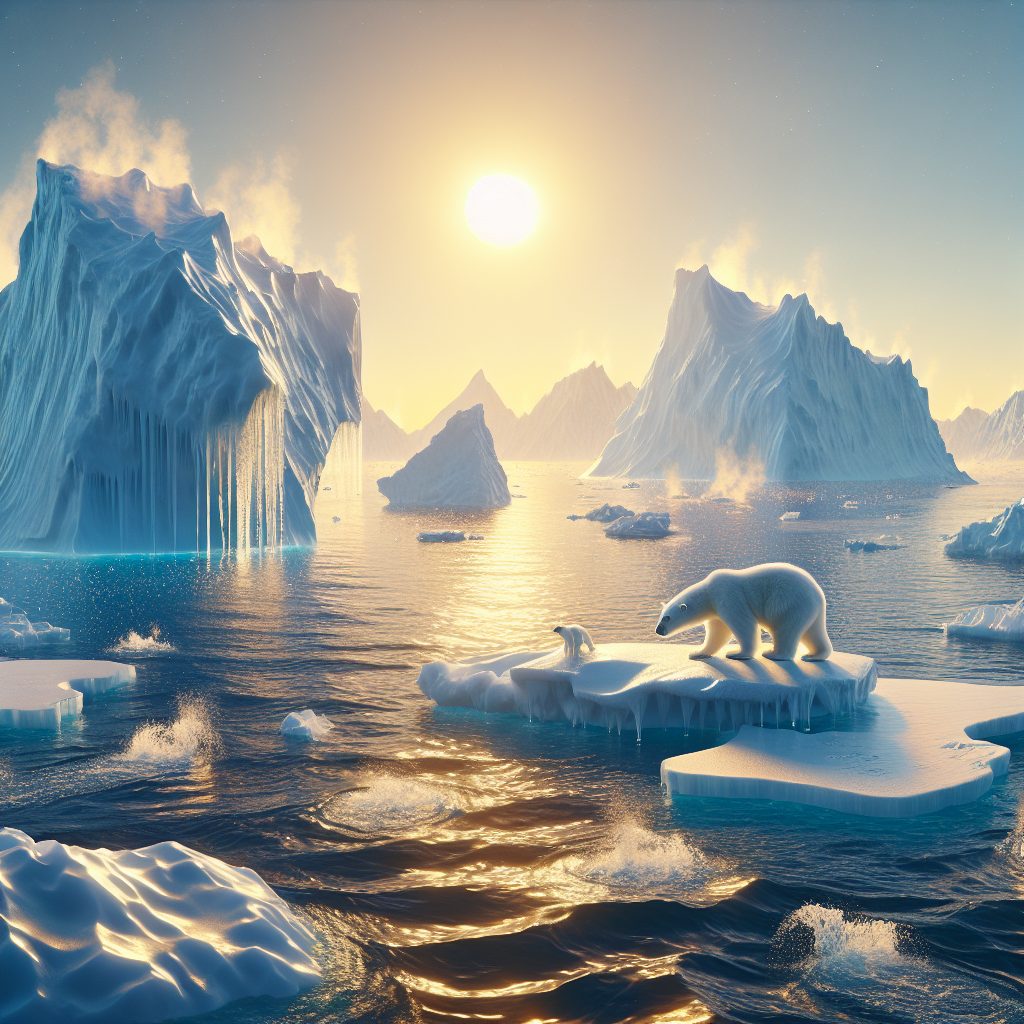
Melting Ice Caps
The melting of ice caps, or ice shelves, refers to the decrease in mass and area of the polar caps due to an increase in temperature. The effects of melting ice caps can be seen all over the world, most notably in the Arctic and Antarctic regions. These changes in…
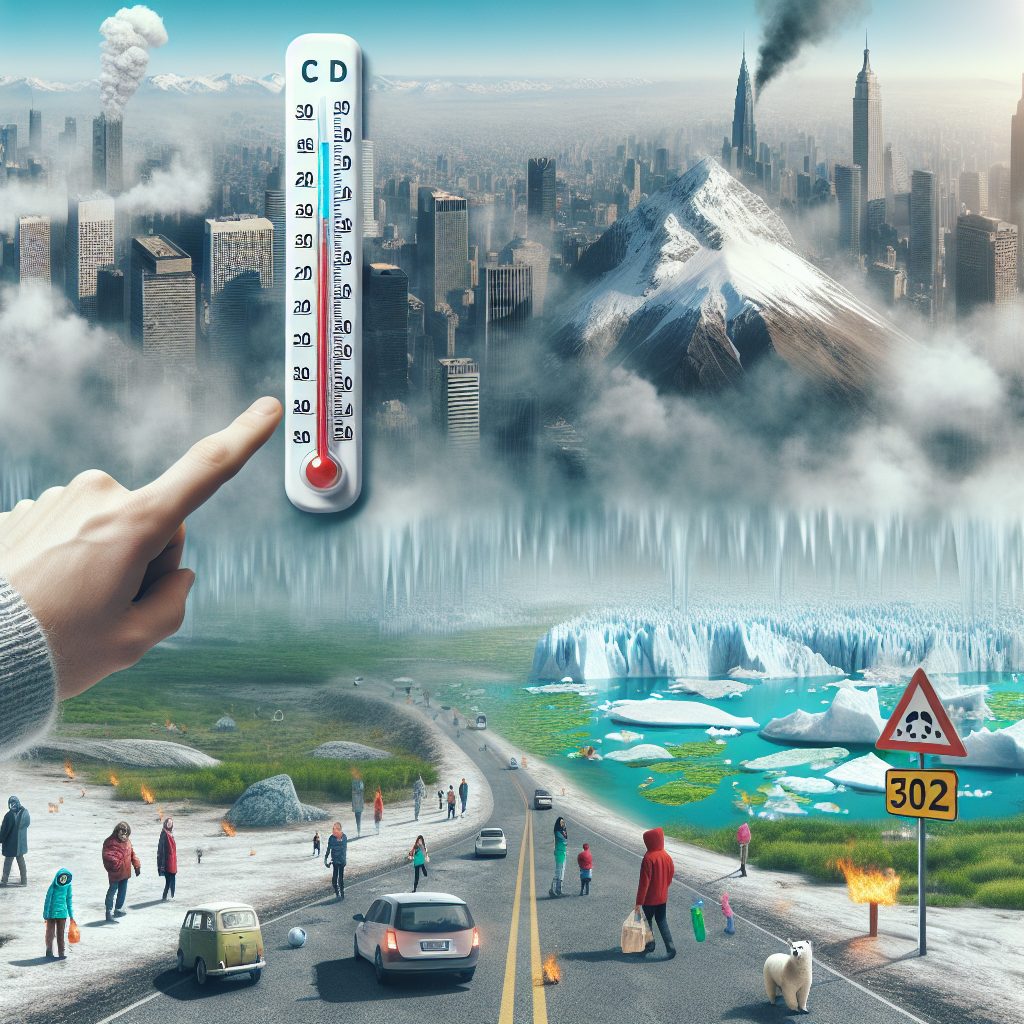
Climate Change Denial
Climate change denial is the rejection of the scientific consensus that human activities are the primary cause of the current global warming trend. This denial is based on an effort to construct a body of evidence that lies outside of the scientific literature or is contrary to accepted scientific measures…
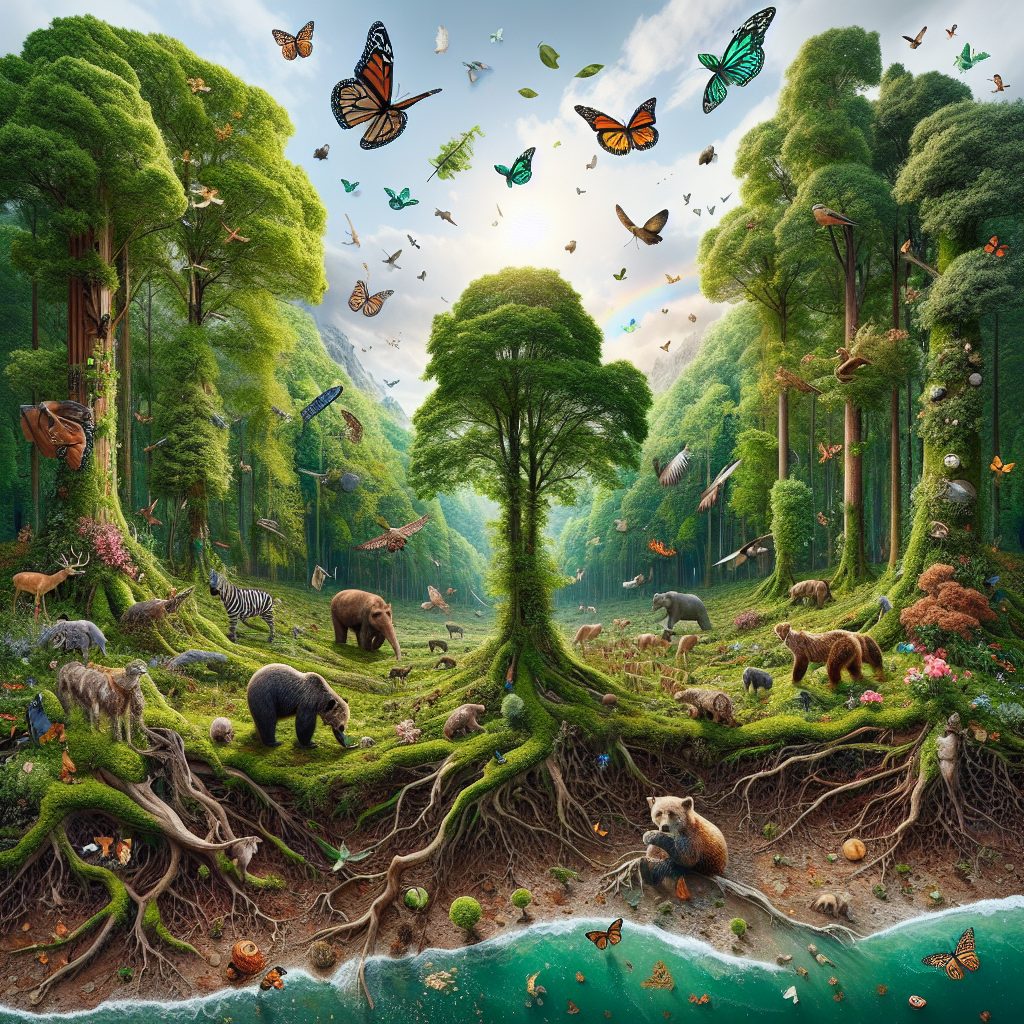
Forest Conservation and Climate Change
Forest conservation is essential for a healthy planet and a lasting environment. Climate change is a worldwide issue that is becoming a serious threat to the planet’s health, and it’s taking a toll on forests worldwide. Forests, as we know, are integral to both the global climate and the global…
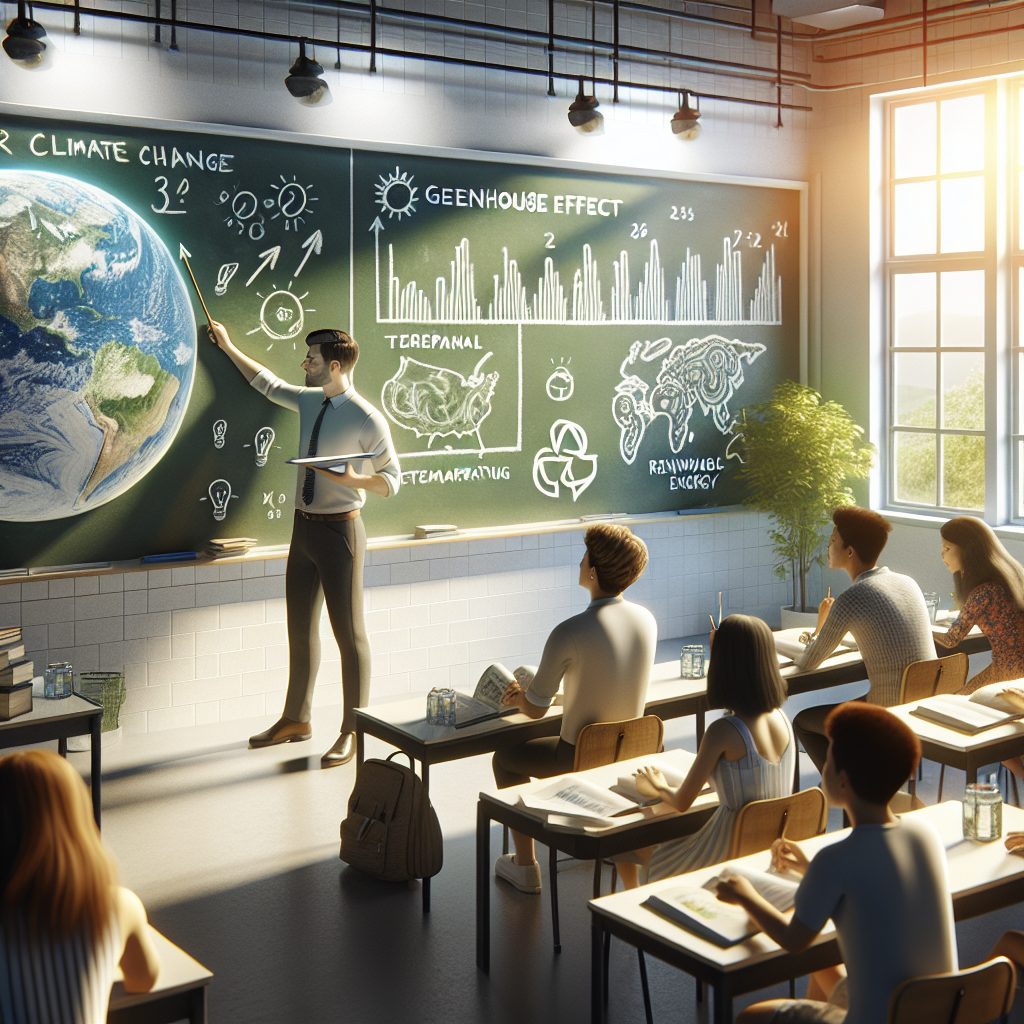
Climate Change Education
Climate change education is an important component of creating a resilient society against the impacts of climate change. With a growing cadre of research, evidence-based knowledge, and information, students need to understand the effects of climate change and the solutions necessary to mitigate and adapt to them. More than ever,…
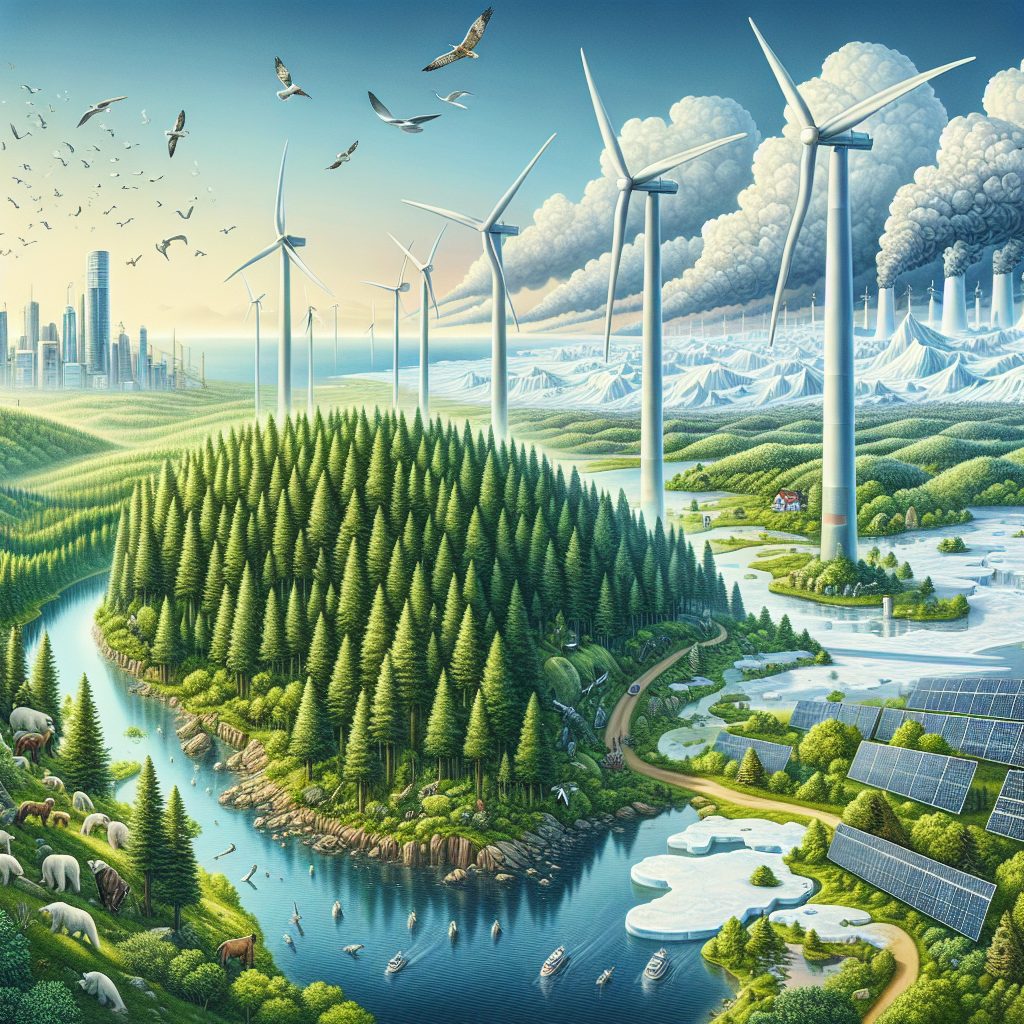
Renewable Energy and Climate Change
Renewable energy is a key component to mitigating the threat of global climate change. It is energy that is either producednaturally or created from sustainable sources that can be replenished indefinitely such as solar, wind, geothermal, hydro and biofuels. This type of energy is abundant and can help reduce the…
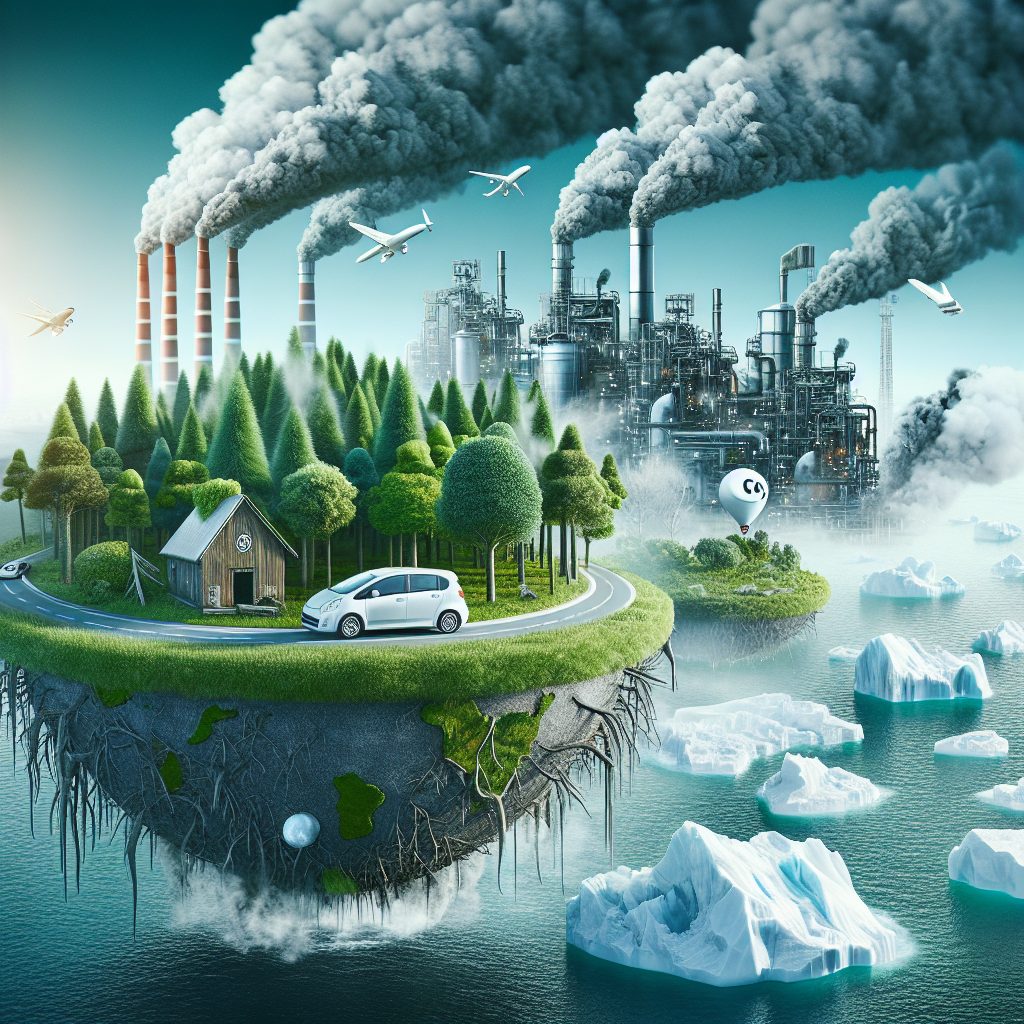
Carbon Footprint
Carbon Footprint is a measure of the amount of carbon dioxide that is released into the atmosphere as a result of the activities of a particular individual or organisation. These activities include burning fossil fuels for energy and transportation, manufacturing, and deforestation. It is important to measure the amount of…
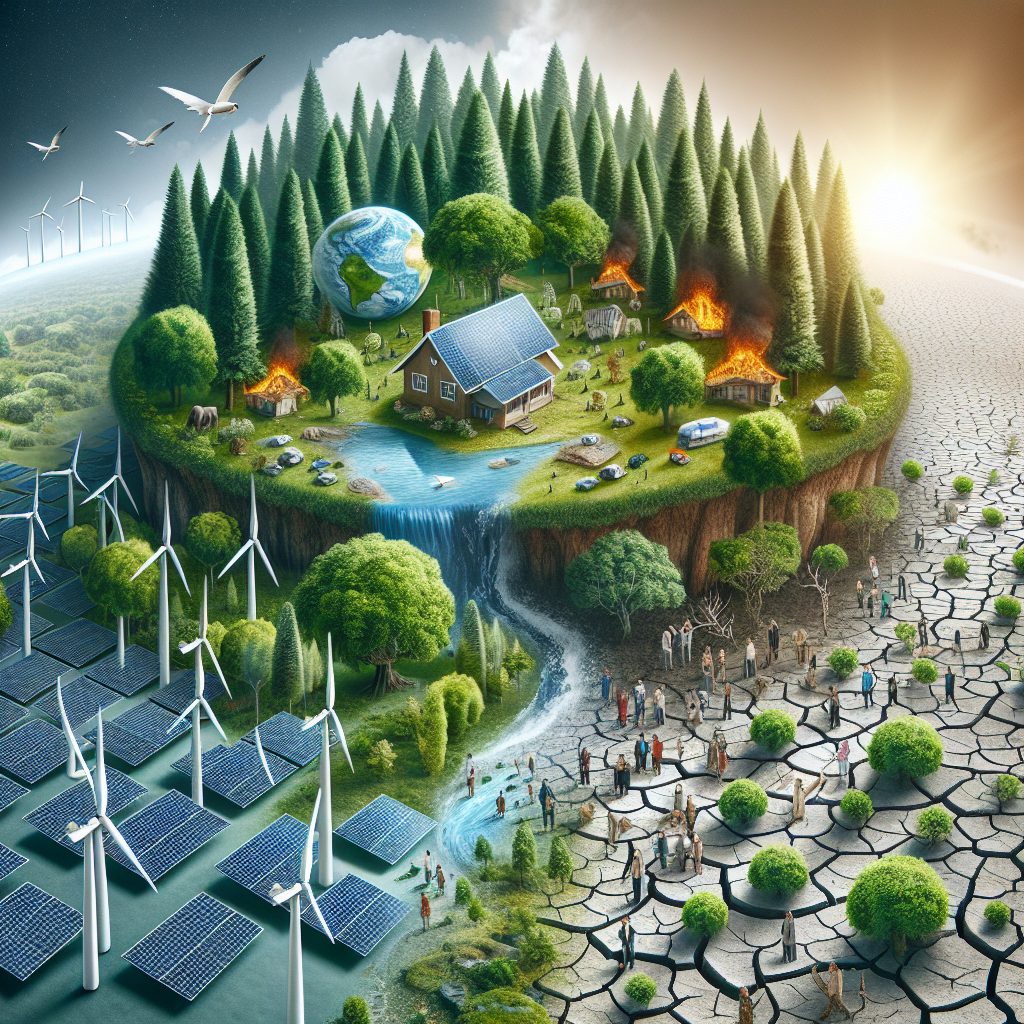
Climate Change Policy
Climate change is the current global environmental issue facing the world today. It is the result of the rising global average temperature resulting from the increase of greenhouse gas emissions into the atmosphere. Climate change has become an essential policy issue, due to its effects on our environment and economy.…
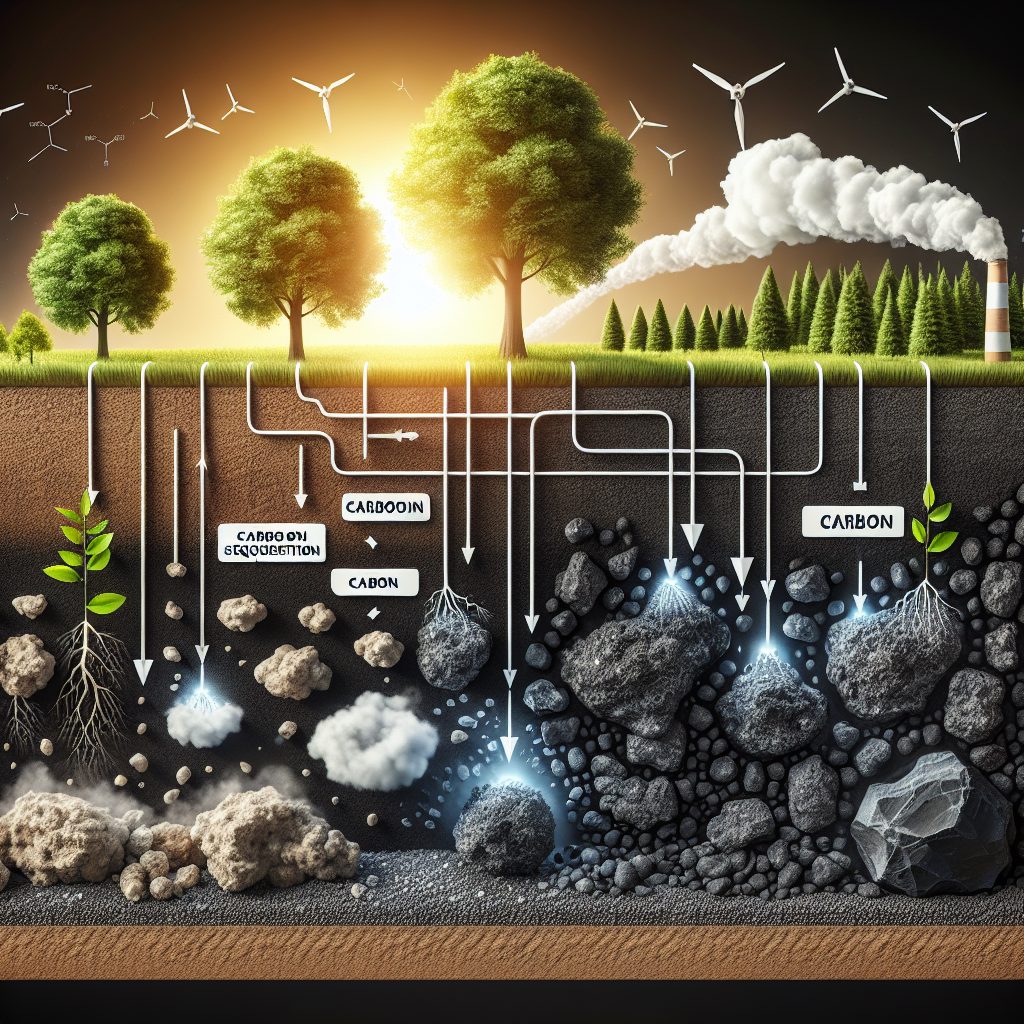
Carbon Sequestration
Carbon sequestration is a strategy for reducing the amount of carbon dioxide released into the atmosphere by capturing and storing it in long-term storage sites like the ocean, plants, forests, soils, marine systems, and geologic formations. The idea is that if carbon dioxide can be kept out of the atmosphere,…
